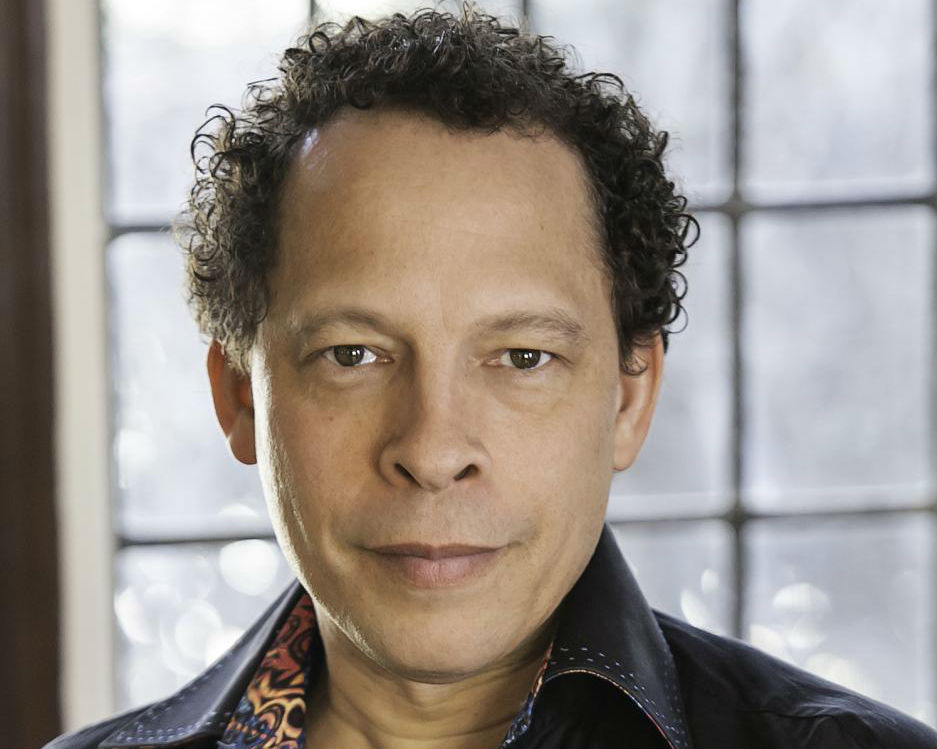Passion, Locomotion, and Writing about the Unknown: Crucial Writing Tips from Lawrence Hill

Originally published in the Huffington Post.
Though it was his first passion (and “favourite form of personal locomotion”), author Lawrence Hill hasn't run in a long time. As a boy he dreamed of winning an Olympic gold medal in the 5,000 metres. So he trained hard for years, covering thousands of kilometres in marathons, half marathons, and cross-country races. Despite a rigorous training program, he says he never managed to run quite fast enough — something the main character of his latest novel, The Illegal, can relate to.
In the fictional country of Zantoroland, running brings privilege and power. The country turns out the fastest marathoners in the world and, like every boy on the mountainous island, Keita Ali dreams of being one of them. As a teenager, Keita enjoys a comfortable life until a coup d'état puts his father's controversial writing — and his family — in the spotlight. Suddenly, Keita is forced to run for his life. He escapes to nearby Freedom State, a wealthy island nation committed to deporting refugees.
It's a powerful story that's meant to give "humanity to a type of person whose humanity would normally be ignored," says Hill. "To provide a face, and a set of hands, and somebody that [readers] can identify with and care about...who might provoke empathy about what it means to be not just a refugee but in this case, a stateless refugee. A refugee without a place to go back to. A refugee with no papers."
With thousands of people fleeing conflicts around the world, Hill’s words could be straight out of a headline from one of today’s newspapers. Prescient as the novel may seem, there’s no way Hill could have known the magnitude of the refugee crisis when he started writing over five years ago. Issues of identity and belonging are, quite simply, the things he’s passionate about. And, as he says, it’s his duty to write about the things he cares about.
"What's the point of writing if you don't care about something? If you don't care about your material, you're certainly not going to interest anybody else and you'll probably bore yourself to sleep," he says. That's the message he gives to aspiring writers: "Be honest and write about the things you care about...follow [your] own hearts and intellects. The world is a big place and there's room for a lot of books."
Oh, and forget when people tell you to write about what you know.
"What do you know? Do you know it because you lived it in your backyard when you were eight years old? What if you dreamed it? What if you imagined it? What if you met somebody who did it and you've been thinking about it for 15 years? What if you read 10 books about it and you've become totally passionate about the subject? What constitutes knowledge?" he asks. "When you tell a person to write what you know, you're basically saying, 'don't you dare write outside of your lived experience!' And I think that's the last thing you should tell a novelist."
Hill is currently lead faculty for The Banff Centre's first Literary Arts Historical Fiction program.